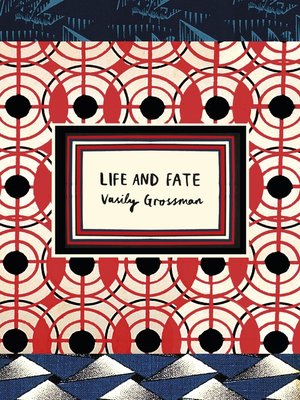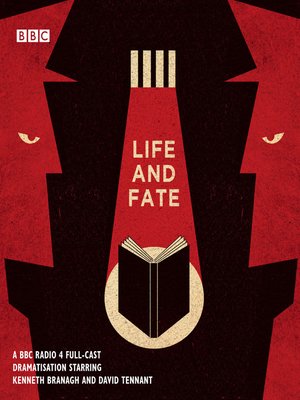



I can remember being on the tube in London when I read chapter 48 of Life and Fate for the first time, and weeping silently and helplessly as I found that Grossman was going to follow his cattle-truck of deportees right into Auschwitz, trading the viewpoint to and fro between a frightened child and the brisk doctor who finds herself holding his hand passing with them through the gas-chamber doors, staying with them into death, never flinching, never looking away, until the last beat of their hearts. It leads you into situations observed so directly that it's as if the layers of literary artifice and equivocation have been scrubbed off them. Grossman's deliberately plain prose has an extraordinary imaginative power. With any luck, a public much larger than the one that encountered the novel in Robert Chandler's excellent English translation will soon recognise Life and Fate as all the things critics say it is: one of the great narratives of battle, a moral monument, a witness-report in fiction from the heart of 20th-century darkness, an astonishing act of truth-telling.Īnd it truly is these things. It will have a starry cast, including Kenneth Branagh as the nuclear physicist Viktor Shtrum – the nearest thing in the vast human ensemble of the book to an alter ego for Grossman himself. T his autumn, the BBC's drama serial based on Vasily Grossman's epic novel of Stalingrad, Life and Fate (1959), comes to Radio 4.


 0 kommentar(er)
0 kommentar(er)
